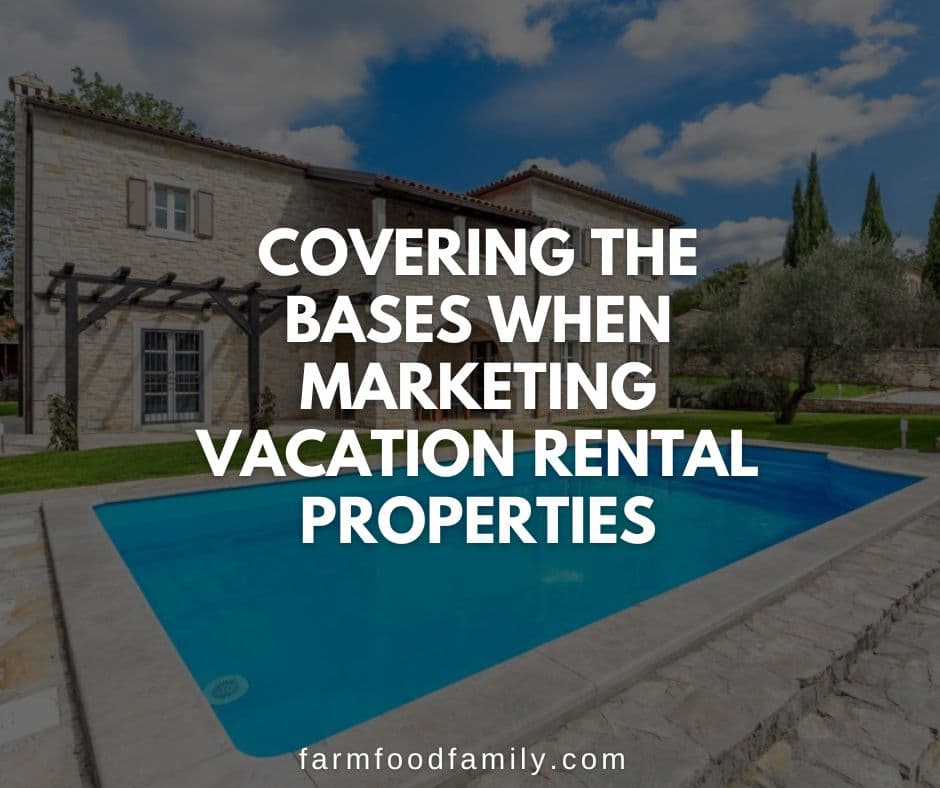Vacation rentals are booming, with worldwide revenue expected to reach $284 billion by 2025. Since the last decade, they have become popular for travelers who want to experience a new city or area. They are often cheaper than hotels and provide more space than a typical apartment or hostel. This is why many people who own vacation properties want to make their homes available for rent online.
However, some considerations must be made when marketing vacation properties. Here is a list of five things to consider when marketing vacation rental properties.
The Property’s Location

The location of a vacation rental property is an essential consideration for guests. Guests want to travel quickly from their home base to the vacation rental property and access local amenities. Guests also want to be close enough to walk around the neighborhood or visit nearby attractions.
Property owners should consider these factors when marketing their vacation rental property. They can use maps that show the location of their rental property in relation to popular attractions and local businesses, including restaurants, museums, shopping centers, and other points of interest. The map should also show how far away it is from major highways and airports so guests can plan their trips accordingly.
Timing and Availability
The timing of a property’s marketing can be critical to its success. For example, if a property is marketed during winter, it will have less competition from other properties. It may attract customers looking for a winter getaway. On the other hand, properties marketed during the summer months may be more successful at attracting customers looking for a summer vacation.
This is why it’s crucial for owners who plan on renting their properties to consider when they want the properties to be available. Suppose an owner wants to rent their property year-round or during certain seasons. In that case, they should consider how they want the property advertised and marketed to attract customers vacationing at those times of the year.
Target Audience
The target audience is the group of people that the marketer wants to reach. The target audience is typically defined by age, gender, marital status, and occupation.
In the case of vacation rentals, the target audience would be people planning on staying in a vacation rental property. The marketing strategy should be tailored towards these individuals so they see the company’s advertisements and promotions.
Amenities
Amenities are services that the owner of the property provides. These can include cleaning, house help service, pool maintenance, and more. They’re an essential part of the marketing plan because they can help property owners make properties stand out from the competition.
Pricing
Pricing a vacation rental property is an essential consideration for both the owner and the renter. For instance, if a property is too expensive for its location, it may be difficult for owners to find someone willing to pay the needed fee. If a property is too cheap, it may seem like something needs to be fixed or that it is not worth renting.
It is crucial to consider the marketability of a vacation rental property. The more marketable the property is, the more likely it will be rented frequently. Many factors can affect the marketability of a property, including location and price. If a property is located in an area with limited competition, it will be easier to rent out. Similarly, if a property has a low price point compared to similar properties in the area, it will also be easier to rent out.

